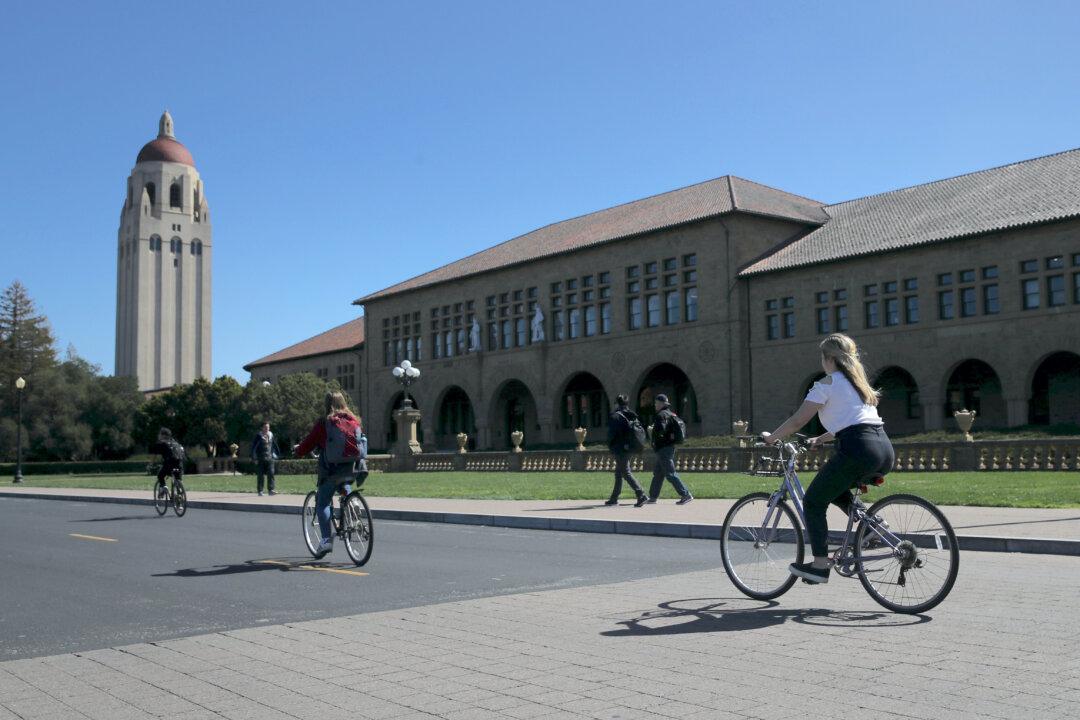As of April 10, Stanford University is no longer requiring people to be vaccinated against COVID-19 to enter its campus unless they work in a health care facility.
The vaccine was a requirement to step onto campus for the past two years.

As of April 10, Stanford University is no longer requiring people to be vaccinated against COVID-19 to enter its campus unless they work in a health care facility.
The vaccine was a requirement to step onto campus for the past two years.